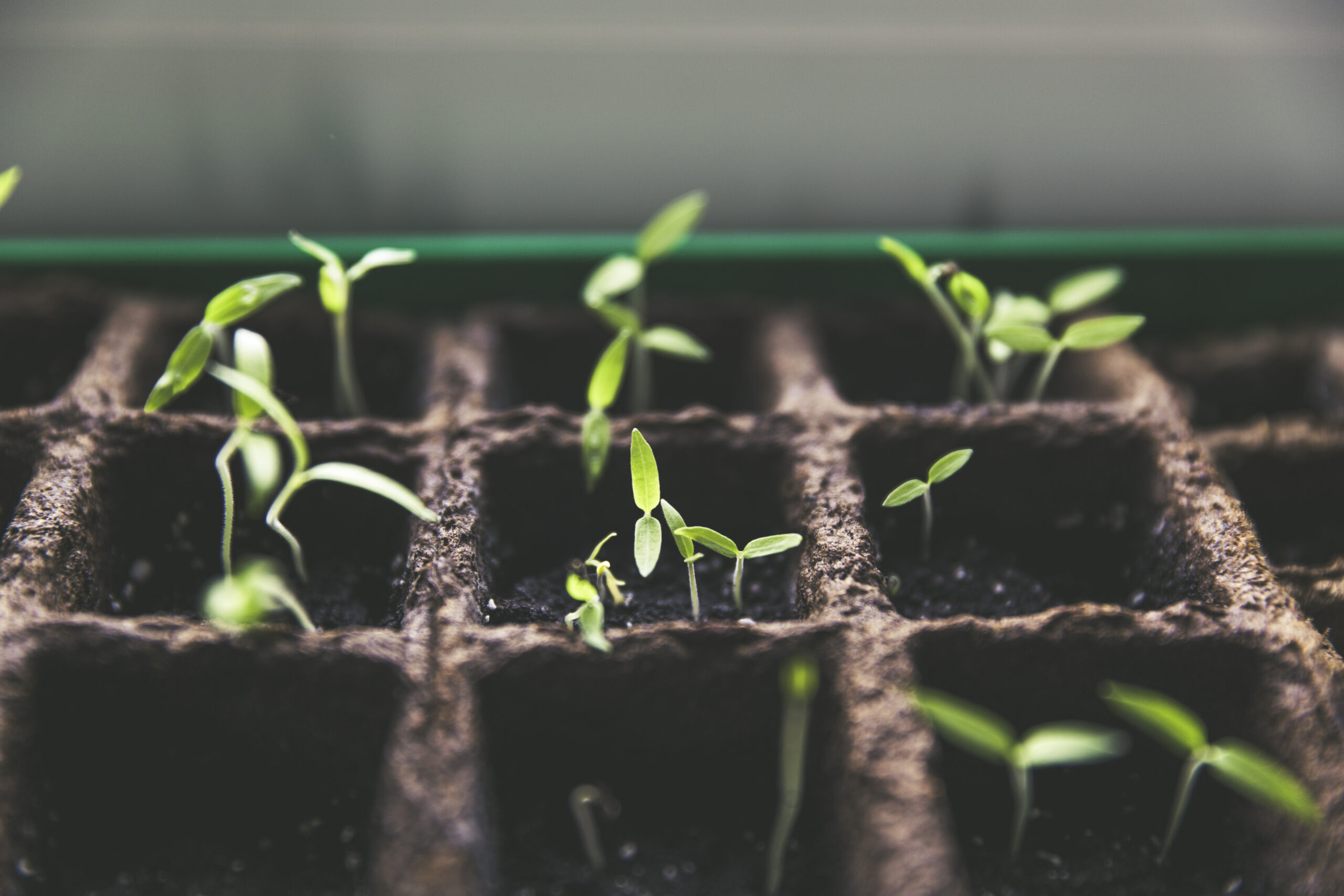
Seed
“When you sow, you do not plant the body that will be, but just a seed, perhaps of wheat or of something else. But God gives it a body as He has determined, and to each kind of seed He gives its own body.” – 1 Corinthians 15:37-38, NIV
According to the Guinness Book of Records, the oldest seed that ever germinated was a 2,000-year-old seed that was excavated in the 1960s and planted by Dr. Sarah Sallon in Jerusalem in 2005.
However, a few years later, another study indicated that 32,000-year-old seeds were successfully germinated following excavation from deep ice in Siberia, Russia, in 2012.
That shows the staying power of a seed. Every seed is alive and viable.
In the Bible, ‘seed’ is a powerful concept, explained by several metaphors, ranging from Christ as the ‘seed of the woman’ to the Word of God.
In our meditation today, the apostle Paul argues that every seed carries the whole plant within it as God has determined, and to each kind of seed God gives its own body.
It says the seed contains the entire plant – the roots, stem, leaves, and the fruit.
On the third day of creation, Genesis 1:12 says the earth brought plants “whose seed is in itself according to its kind.”
God not only created plant life; He also set in motion the processes that enable plant life to reproduce through the power of seed.
Whatever does not produce seed goes into extinction.
The Bible says that “while the earth remains, seedtime and harvest shall not cease” (Genesis 8:22).
In the perpetual natural cycle, harvest must always follow seedtime and every harvest must have its own seed if it is to be sustainable.
In Luke 8:11, Jesus taught that the “seed is the Word of God.”
In the same way that plants develop in an intricate process that is still too complex for humans to fully comprehend, the seed of the Word in the heart is also incomprehensible.
In the perpetual natural cycle of all living things, harvest must always follow seedtime and every harvest must have its own seed if it is to be sustainable.
How God’s kingdom has been thriving through the Gospel over the last two millennia is a miracle that is beyond human understanding.
In the original languages, the word for ‘sowing seed’ means the same as ‘receiving seed.’
That implies that that when seed is sown, it is received, not lost.
Jesus taught that a seed has to die if it is to produce fruit.
The seed could be eaten as food but the farmer must accept that his seed has to leave the warmth of the house and be ‘thrown’ into the soil.
The Bible teaches that generosity is like a farmer sowing precious seed.
The size of the harvest is determined by the amount of the seed sown. That is a natural principle.
If a devil worshiper sows ten acres of maize and a great man of God sows one acre, the devil worshiper will harvest ten times more maize than the man of God.
In reference to financial generosity, the Bible teaches that God supplies seed to the sower and food for the eater and also supplies and increases the store of seed and “then enlarges the harvest of righteousness” (2 Cor. 9:10; Is. 55:10).
By supplying and increasing the store of the seed we sow into God’s kingdom, God enlarges the harvest, which is of something more precious – righteousness!
Whatever happens, never, I repeat never, stop sowing into the kingdom of God!
In the Bible, the desperate Egyptians asked Joseph: “…give us seed, that we may live, and not die, that the land be not desolate” (Genesis 47:19).
May that be our prayer too: Lord; take everything else and give us viable seed that we may live and that there will not be spiritual desolation.
Prayer:
Almighty God, thank you for the power in seed. Help me to sow liberally of my life, my time and my resources. Also, increase my store of seed so that the harvest for Your Kingdom may be enlarged. For the glory of Your Name, Amen!
